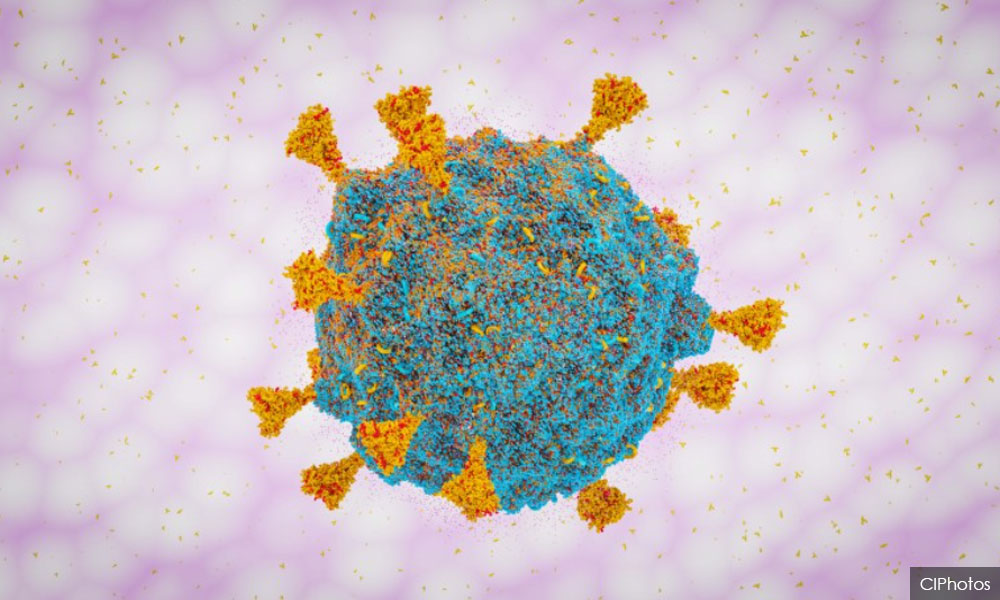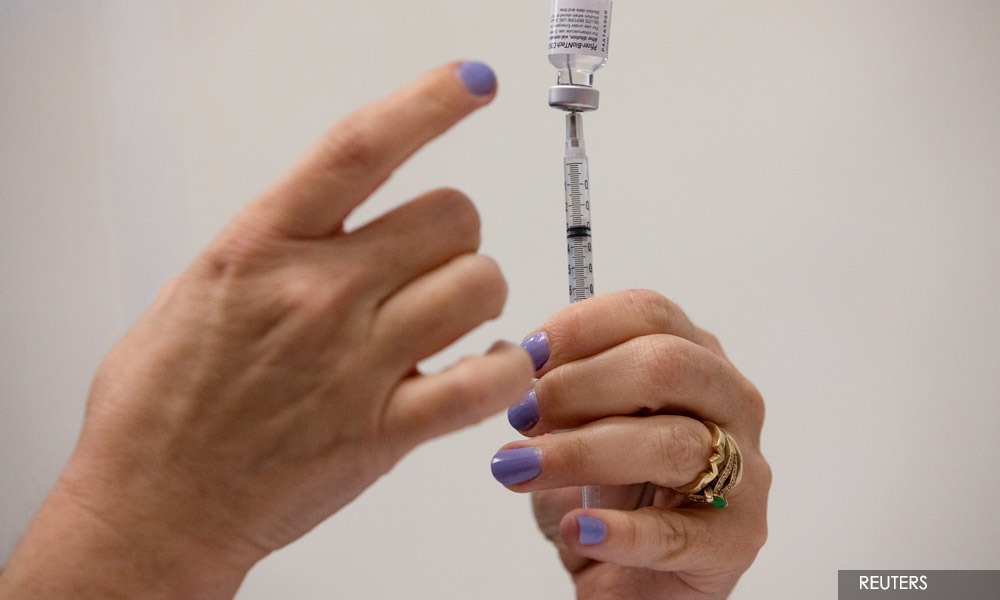The uptake of second Covid-19 vaccine boosters has surged since last month to record highs, especially in the past week.
This development comes as the number of Covid-19 cases recorded in the country began a steady increase since early June, which is partly driven by the highly infectious BA.5 Omicron subvariant of the disease.
Vaccination statistics released by the Health Ministry show that 9,995 people have received their second booster dose yesterday. This would be the fourth Covid-19 vaccine dose for most people, with those who had single-dose vaccines (CanSino and Johnson & Johnson vaccines) for their primary vaccination being the notable exception.
In comparison, the average in the seven days prior was just 5,126 doses administered per day, and 2,529 doses per day in the seven days before that.
Nevertheless, the overall number of people who received their second booster shots remains low. For example, out of 2.57 million senior citizens who had their first booster shot, only 93,496 (3.63 percent) have gone on to get their second booster.
The government announced on April 14 that people aged 60 and above with certain chronic diseases have the option of getting their second booster shots, after four to six months have passed since their first booster shot.

This development comes as the number of Covid-19 cases recorded in the country began a steady increase since early June, which is partly driven by the highly infectious BA.5 Omicron subvariant of the disease.
Vaccination statistics released by the Health Ministry show 9,995 people have received their second booster dose yesterday.
Those above 60 without chronic disease that might otherwise put them at higher risk of severe Covid-19 and death can also get their second boosters, but only upon the advice of a medical professional.
People who require additional doses, for travel purposes (for example, if they are travelling to a country that does not recognise the vaccine used for their first two shots), are also eligible.
On May 12, the government expanded the eligibility criteria, allowing people aged 18 to 59 to receive the second booster dose if they have chronic diseases, after consulting a medical practitioner on the matter. Healthcare workers are eligible, regardless of age or health status.
Those above 60 years old are no longer required to consult a doctor before getting the extra shot, regardless of whether they have comorbidities.
The government is considering whether to expand the eligibility for second booster doses even further, which would allow adults below 60 to receive the shot even if they don’t have comorbidities.
A decision is expected by the end of next week.
Current vaccines - which are still based on the Covid-19 strain that first emerged in Wuhan in 2019 - are expected to offer little protection against the much newer BA.5 infection, even for people who survived earlier Omicron subvariants that dominated since late last year.
However, it can still bolster prior immunity against the disease and prevent it from progressing into severe illness and death, especially for more vulnerable populations.
Vaccine makers have developed updated versions of their vaccines targeting the BA.1 Omicron variant, which circulated in late 2021. However, the variant is now relatively rare and superseded by newer Omicron subvariants especially BA.5 before the updated vaccines could be rolled out.

The US Food and Drug Administration has told vaccine makers to redesign their vaccines to target the BA.4 and BA.5 subvariants. It would handle it similarly to annual influenza vaccines by not requiring new human studies to be completed before authorising the vaccine.
The White House has in turn told Americans over 50 years old to get their boosters now, as hospitals fill with Covid-19 patients, saying that it would not preclude them from receiving the updated vaccines when it becomes available in early-to-mid autumn (ie late-September to late-October).
The European Medicines Agency said it expects new Covid-19 vaccine boosters to be approved in September, but is keeping its options open as to which variant will be targeted. This could include approving vaccines targeting BA.1.
Malaysian authorities have urged people to get their second boosters if their eligible in anticipation of the new Covid-19 wave, but has yet to issue an advisory regarding what to expect with updated vaccines. - Mkini




No comments:
Post a Comment
Note: Only a member of this blog may post a comment.